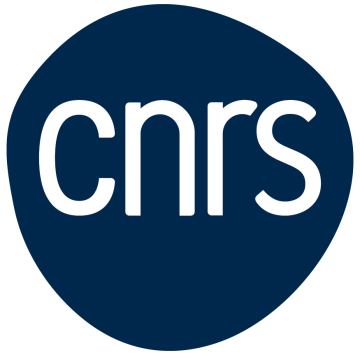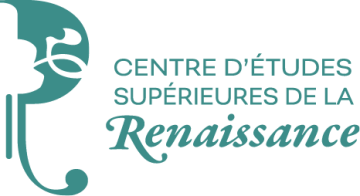Jews in Provence, like their Christian neighbours, composed and sang their Hebrew liturgy to popular secular tunes. Between the 16th and 18th centuries their prayer books, manuscripts and printed music often included fragments, or even the entire texts, of these secular songs, written in Provençal and French in Hebrew script, alongside substituted Hebrew texts to indicate the melody. Apart from its linguistic and philological value, this hitherto unpublished corpus of airs de cour and Paris vaudeville music, opera arias and popular tunes sheds light on the oral song repertoire in a French province during the Baroque era, sufficiently well known to cross the walls of the ghettos. It provides insights into the oral circulation of songs, their melodies and lyrics beyond provincial linguistic and religious borders. Such songs, and their Hebrew version, will be transcribed, published, performed, interpreted and analysed linguistically philologically and historically, culminating in a joint musical performance of this oral repertoire and its Hebrew contrafactum.
WEBRADIO




